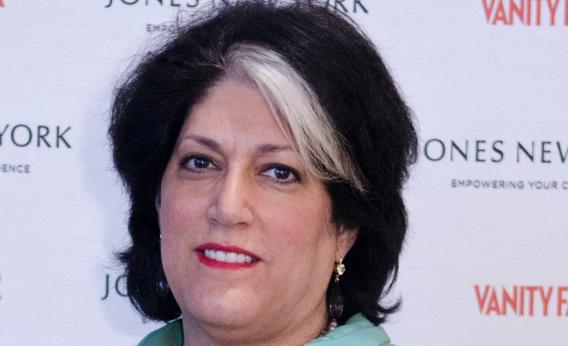This week everyone who cares about politics and lives in New York is talking about Mark Leibovich’s new book This Town about how smarmy and terrible Washington, D.C., is. Just talking about the excerpt in the New York Times Magazine, what strikes me about Leibovich’s focus is that the town he’s profiling is dying.
It’s not dead, of course. But it’s dying. If you want to understand American politics in 2013 these stories about smarmy influence peddlers and incestuous networks of has-beens and wannabes back-scratching at dinner parties west of Rock Creek Park is not where you want to go. In This Town, TARP passes on the first vote. In This Town, the Affordable Care Act does such a good job of checking the interest group boxes that it gets 75 votes in the Senate. In This Town, debt ceiling brinksmanship is unthinkable. In This Town, Alan Simpson and Erskine Bowles persuade everyone to cut entitlement programs and middle class tax expenditures in order to finance lower marginal income tax rates on rich people. In This Town, sequestration doesn’t take an axe to defense contractors.
Now I’m not going to tell you that This Town (the place) is dead. TARP did pass. This Town very much brought us the 2007 energy bill. This Town has let Simpson and Bowles dominate the policy agenda for months despite an utter lack of public support. This Town will probably work out a corrupt and gross farm bill. This Town did ultimately avert debt ceiling apocalypse. This Town stands some chance of getting a comprehensive immigration reform bill done.
But it’s dying. In a super-literal way, the city that I live in—where people live on the Green Line or in Bloomingdale/Eckington/LeDroit Park or out on H Street NE—is a very different city from the one Leibovich profiles. And the now-dominant political paradigm is one in which ideology and partisanship carry much more weight, and personal connections and relationships carry much less. It’s a paradigm in which all the Democratic senators support immigration reform, even when they represent Ohio or Alaska or Louisiana. It’s a paradigm in which there’s no set of concessions you make to moderate Republican senators from Maine to get them to back your health care bill. There are many fewer angles to work, and many fewer favors to call in. It’s in a lot of ways a town that’s remedied the things people used to say they hated about Washington. It’s become a city of principle, and a city where much less gets done in backroom deals. But it’s also a city with much more vicious partisanship and much less of a spirit of “let’s compromise for the public good.” It’s a city that people have come to hate for whole different reasons and in whole different ways.
But whether you think it’s been change for the better or for the worse, it’s clearly the direction things are going. Nationalized, very partisan politics in which elected officials are looking over their shoulders at a blend of ideologically motivated grass-roots and ideologically motivated mega-donors and falling in line. Carl Hulse had a piece over the weekend in the NYT about how Harry Reid came to be an orthodox liberal on a whole range of issues that I think tells you the real story of politics today—more sorting, less deal-making.
